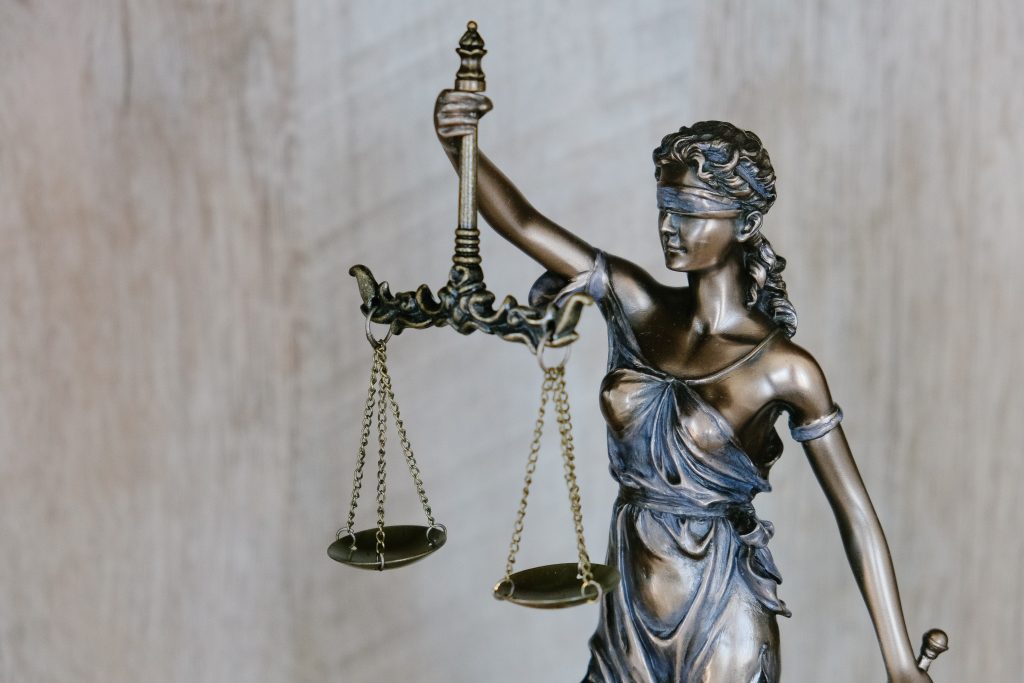
Commercial litigation is a branch of civil law that deals with disputes between businesses. It can be extremely complex, and it is important to have a good understanding of the law if you are planning on filing a lawsuit or defending yourself in court. In this blog post, we will discuss seven things suggested by Jeremy Schulman that you need to know about commercial litigation.
Here Are Seven Key Points To Consider When Dealing With Commercial Litigation:
1. The statutes of limitations – Every state has a statute of limitations that limits the time you have to file a lawsuit. Generally, in most states this is two or three years from the date of the incident, but there are exceptions and special circumstances that can alter this timeline. Make sure to get advice from an attorney so you don’t miss out on your chance to pursue justice.
2. Jurisdiction – Different courts have jurisdiction over different types of cases and you need to make sure that you are filing your case in the correct court. Your lawyer will be able to help determine which court is appropriate for your particular situation so that you can maximize your chances of success.
3. Expert witnesses – Commercial litigation cases often involve complex technical matters that may require the testimony of an expert witness. An expert witness is a person with specialized knowledge about the subject matter of your case, and their opinion can be extremely helpful in proving your case or defending yourself against accusations.
4. Document retention policies – Businesses need to have a document retention policy in place that outlines what documents are required to be retained and for how long. This policy should also include instructions on how to handle confidential information and other sensitive data so you don’t run into legal trouble down the line.
5. Conflict resolution mechanisms – It is always best to try and resolve any disputes outside of court if possible. Many businesses will have their own conflict resolution mechanisms in place, such as mediation or arbitration. These types of approaches can help to reduce the cost and time associated with litigation.
6. Pre-trial procedures – Once you file a lawsuit, there are a number of pre-trial procedures that need to be completed before the trial itself takes place. This includes discovery requests, depositions, and other tasks that need to be conducted in order to prepare for the trial.
7. Appeals – If your case goes to court and you don’t get the outcome that you were hoping for, it may be possible to appeal the decision if certain conditions are met. Your lawyer can advise you on whether an appeal is feasible in your situation. And if so, they can represent you throughout the appeals process.
Conclusion:
Commercial litigation is a complex and ever-evolving field of law. It’s important to understand the basics before getting involved in any kind of lawsuit. Make sure you know all the rules, regulations, and procedures associated with it, and consult with an experienced lawyer if you need further advice or assistance. With the right knowledge, you can save yourself time and expense when dealing with commercial litigation cases.